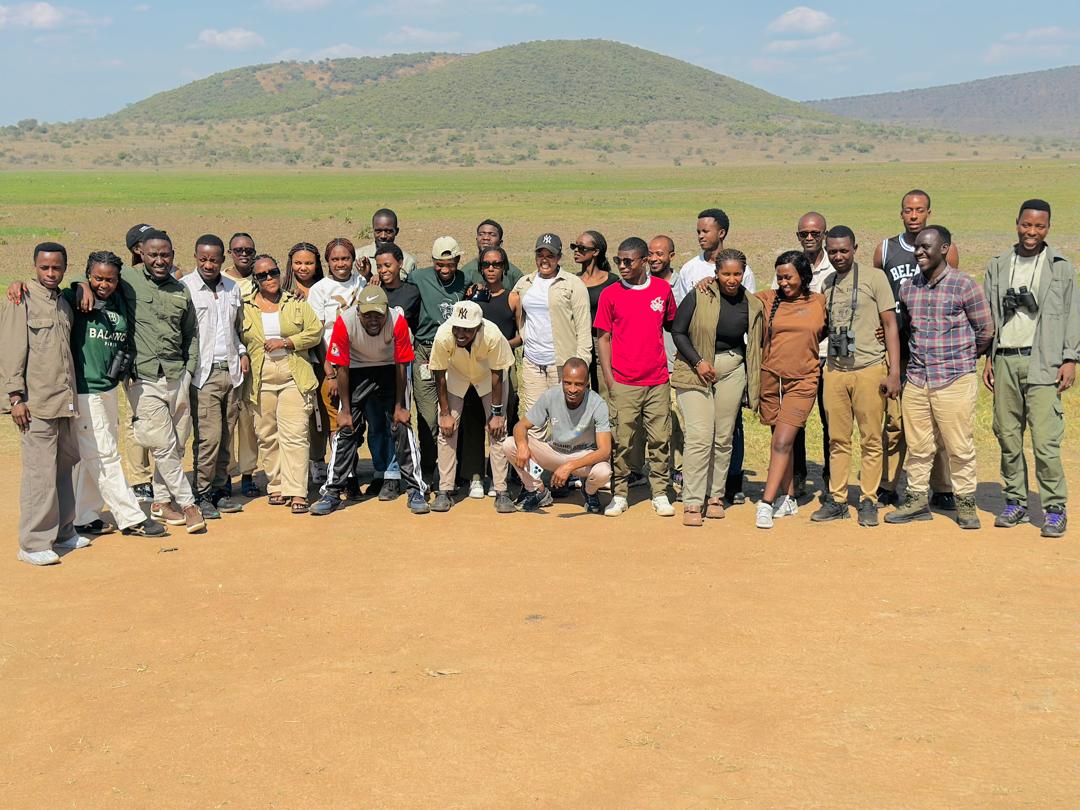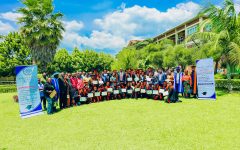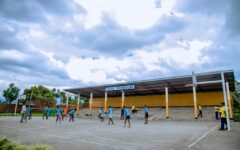A Study Trip in Akagera National Park
September 24, 2024 2024-09-24 9:47A Study Trip in Akagera National Park
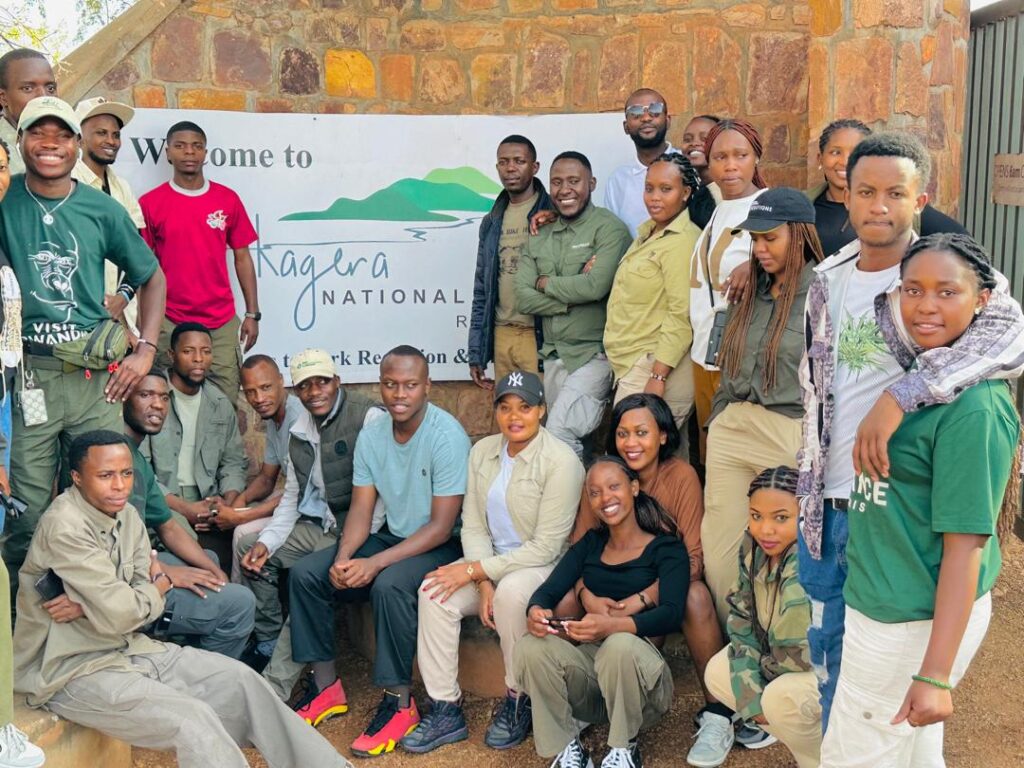
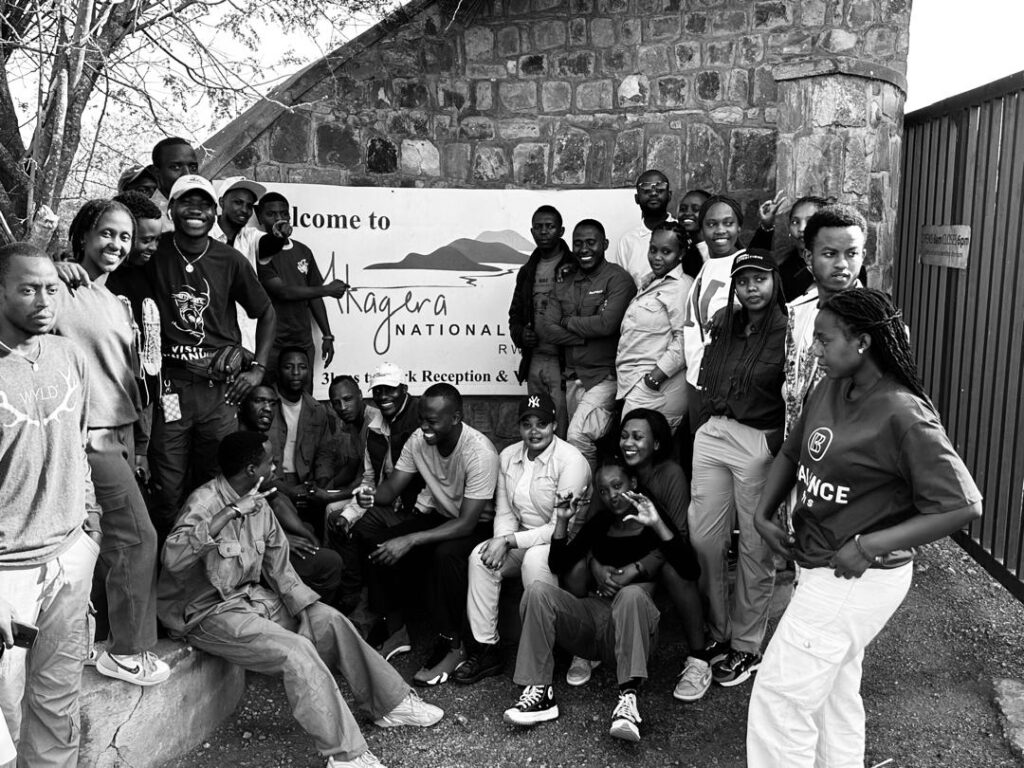
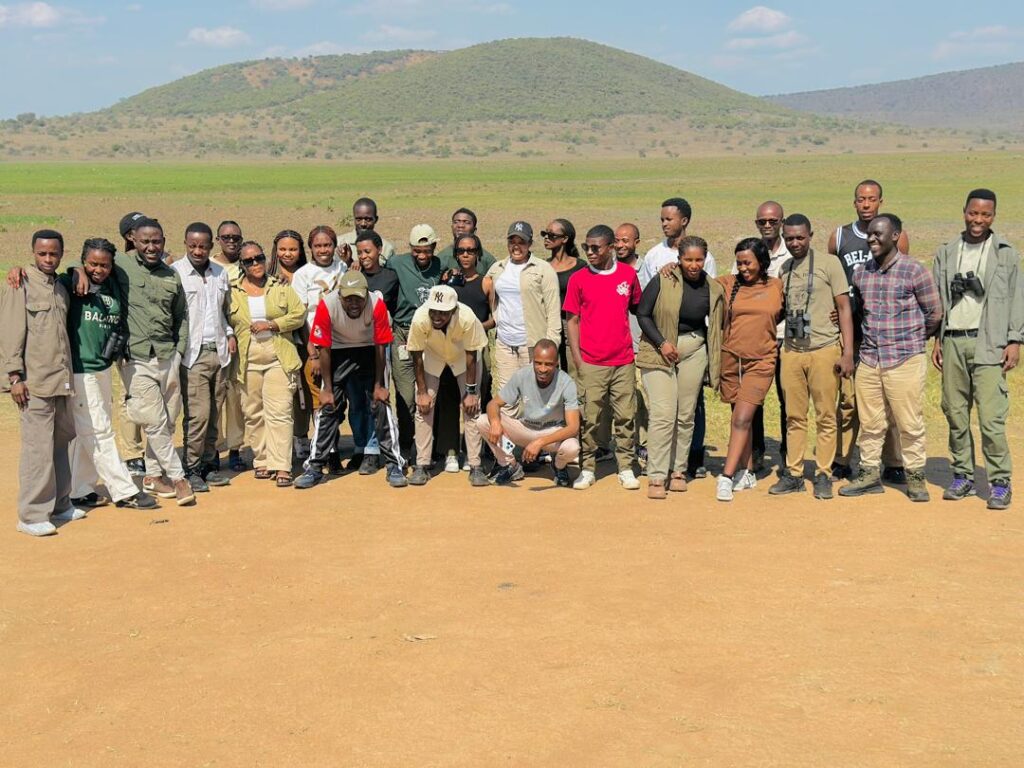
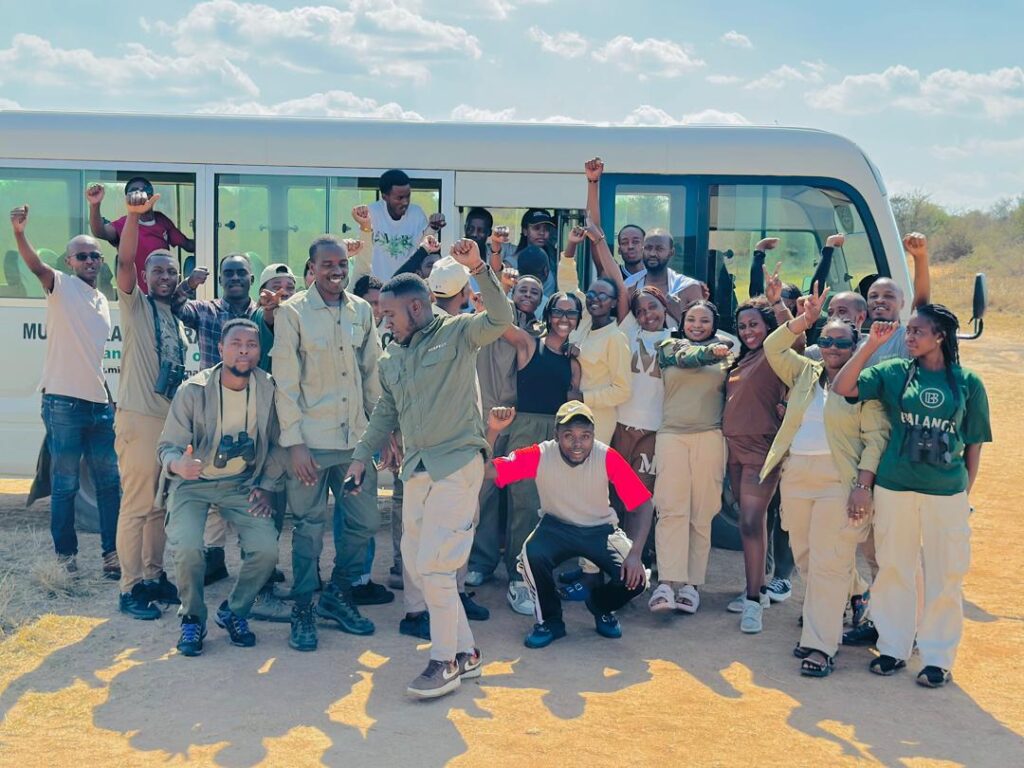
Akagera National Park: A Study Trip Report conducted September 2024
Module: wildlife conservation and protected areas management
Introduction
Akagera National Park, located in the eastern province of Rwanda, is a diverse ecosystem teeming with wildlife and stunning landscapes. Our study trip provided a unique opportunity to explore this natural wonder and gain firsthand knowledge about its ecological significance that can help to increase knowledge about wildlife, conservation and its habitat.
Key Observations and Findings
Biodiversity and its ecosystem, Conservation Efforts, Community Involvement and Ecological Challenges
In our trip we observed a wide range of species, including large mammals like elephants, giraffes, zebras, and buffaloes. We also encountered various primates, such as baboons and vervet monkeys. The park’s diverse habitats, from savannas to wetlands, support a rich array of flora and fauna.
Akagera National Park has made significant strides in wildlife conservation. Reintroduction programs for lions and rhinos have been successful, and the park’s management has implemented measures to protect its ecosystems together with community around.
Educational Value
Our study trip to Akagera National Park provided invaluable educational experiences especially to Muhabura Integrated Polytechnic College (MIPC) students. We gained practical knowledge about wildlife ecology, conservation practices, and the importance of biodiversity. The opportunity to observe animals in their natural habitats and learn about their behaviors was particularly enriching.
Conclusion
Akagera National Park is a remarkable destination for studying wildlife and conservation. Our study trip provided a memorable experience to MIPC student that will have a lasting impact on our understanding of the natural world. We encourage future students to explore this beautiful park and contribute to its conservation efforts.

